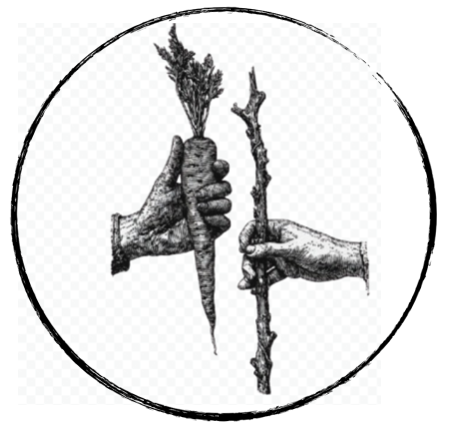CULTURE
Whether designing an environment of collaboration, competition, or cohesion - all corporate cultures are shaped from the top.
Management and leadership flow directly into the team’s output and collective perspective, refining the overall shared mission. Leaders have to understand their personal brand to achieve greater influence, enrich communication, steer the evolution of their organization, and learn to thrive under dynamic and changing conditions.
Rosh Advisory helps executives achieve higher performance, attain overall satisfaction, and solidify job fulfillment - while clarifying exactly what kind of landscape they’re trying to create within their company. Whether you’re an emerging leader, a rising leader, or a C-Suite leader - Rosh Advisory offers tailored coaching to help supercharge your growth and achieve your goals.
LEADERSHIP ASSESSMENT
Rosh Advisory helps executives identify their managerial style - focusing on fortifying strengths, refining areas of improvement, attaining better balance, and calibrating for increased effectiveness.
To better identify strengths and weaknesses, Rosh Advisory offers a bespoke assessment of leadership styles which can be used to see how executives can improve their overall management and spread their vision across a company’s culture.
Autocratic
- Leader alone decides path & exerts full control.
-
As a result, team experiences diminished morale & stifled creativity; reducing effectiveness in crises.
- Leader must learn to astutely involve team & foster more collaboration.
Transactional
-
Leader sets goals & offers rewards or punishments based on performance.
- As a result, leader drives results but risks imbalances in autonomy of staff who feel overly supervised.
- Leader must adapt this style of clarity & accountability by fostering increased team independence.
Transformational
-
Leader inspires team through shared vision and cultivated growth.
-
As a result, company builds loyalty & encourages development by steering from the helm.
-
However, this is most effective only when clear goal-driven contexts are understood by entire team.
Democratic
- Leader consults team & values collaboration – giving group a voice.
- As a result, leader fosters ownership, empowers team, and encourages innovation.
- Predominantly ideal for consensus-building situations and less so for fast paced & pivoting environments.
Situational
- Leader adapts to team readiness for tasks, adjusting focus & resources accordingly.
- As a result, company stays flexible - which in turn boosts performance for well-suited specific goals.
- Requires leader to more thoroughly assess team readiness and tasks, to adjust support as needed.
Laissez-Faire
-
Leader gives minimal guidance; team makes decisions with more independence.
- As a result, team enjoys more autonomy; but may result in confusion and conflicts during dynamic situations.
- Ideal for skilled & self-driven teams, so leader must cultivate those characteristics in employees.
Servant
- Leader prioritizes team needs over their own, fostering growth & enriching their value.
- As a result, leader builds a lot of trust & support; at cost of somewhat diminishing their own authority.
- Leader must create positive culture & empower team’s sense of company ownership & pride for this style to be effective.
Conveyor
-
Leader compartmentalizes & oversees teams in specific functions.
-
As a result, teams are hyper-focused but require constant supervision & communicative oversight.
-
Leader should alleviate managerial pressure by forming supervisory support staff & delegate more freely.








